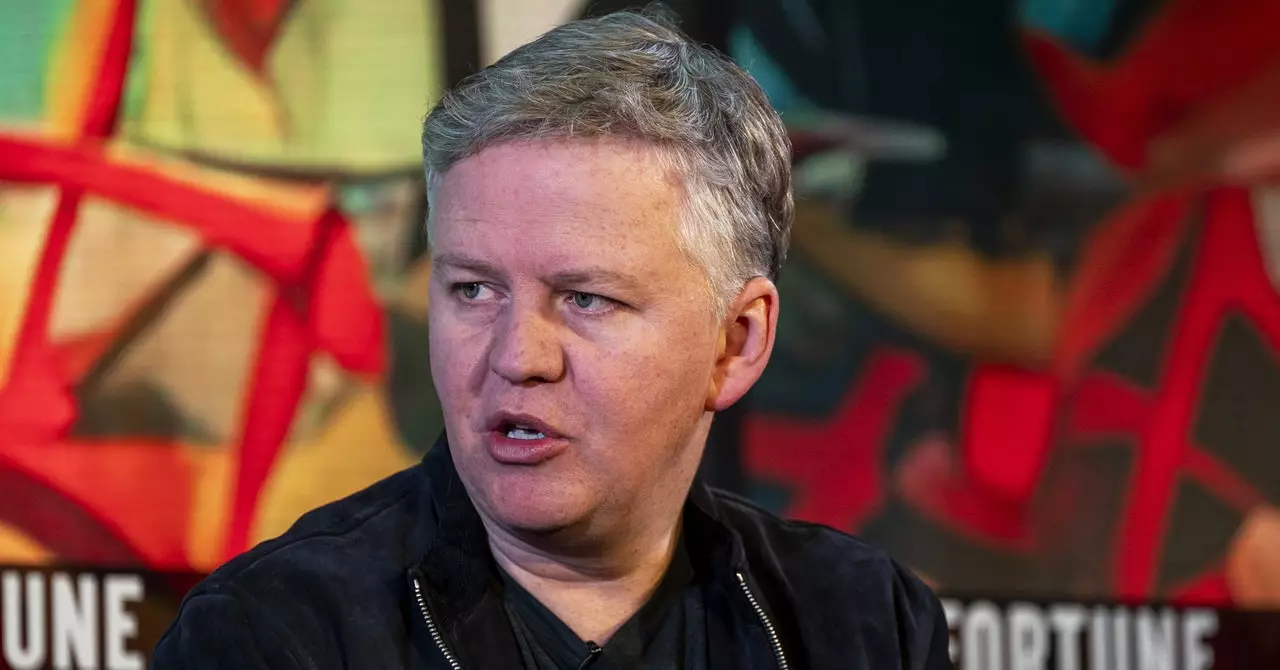In a digital era where artificial intelligence (AI) continually evolves, the ramifications for content creators and website owners cannot be overstated. The founder of Dark Visitors, Gavin King, indicates that while a significant number of AI agents respect the directives listed in robots.txt files, this compliance is not guaranteed. This discrepancy raises critical concerns about the protections that website administrators have at their disposal, especially considering that many simply do not have the expertise or time to keep these directives updated. As AI technology advances, the ability for bots to obfuscate their activities poses a severe challenge, making it essential to devise robust countermeasures.
In essence, the robots.txt file serves as a digital “no trespassing” sign, but it is clear that some bad actors in the web scraping arena view it as merely a suggestion. The emergence of tools designed to actively block these unauthorized access attempts highlights an urgent need for improved strategies geared towards protecting web content. Cloudflare’s initiative to bolster its bot-blocking capabilities seeks to minimize violations that stem from these deceptive crawlers. This proactive stance is crucial as web scraping becomes more intricate, enabling malefactors to navigate around traditional barriers with greater ease.
Rather than simply advocating for the enforcement of robots.txt specifications, the focus is now shifting towards creating mechanisms for compensation and collaboration between content creators and AI companies. Cloudflare’s forthcoming marketplace promises a unique solution by allowing website owners to negotiate scraping terms with AI entities. This platform underscores an important shift: recognizing the inherent value of original content and the need for a mutually beneficial relationship in a digital landscape increasingly dominated by AI.
Jeff Prince of Cloudflare articulates a refreshing perspective on compensating content creators. He acknowledges that monetary exchange isn’t the only avenue available for value delivery; credits, recognition, or varying forms of barter could also serve as means of acknowledgment. This flexible approach brings into question the traditional paradigms of content ownership and compensation in an internet ecosystem where content is often produced en masse and shared widely.
The introduction of this marketplace for negotiating scraping agreements has evoked a mixed response from AI companies. While some entities see the rationale and are open to dialogue, others have met the proposition with hostility. Prince notes that while he cannot disclose specific companies, the spectrum of reactions illustrates a broader tension within the industry, highlighting the complexities and challenges of establishing ethical interactions between AI developers and content producers. For independent bloggers and smaller website owners, who may lack the clout of larger corporations, these negotiations hold particular significance, offering a potential lifeline in a landscape fraught with potential exploitation.
Nick Thompson’s insights, which catalyzed Cloudflare’s latest project, illuminate the frustrations faced by various publishers as they confront unauthorized scraping. The reality is that major media organizations struggle with these predicaments, and smaller entities face even greater challenges. Prince argues that the ongoing scraping behaviors observed contradict the sustainability of the current digital ecosystem, highlighting a pressing need for mechanisms that foster fairness and ethical practices.
As the digital world evolves, it is increasingly clear that traditional protective measures, such as robots.txt, are inadequate on their own. The necessity to reevaluate how we perceive content ownership and establish ethical boundaries in AI interactions is paramount. Cloudflare’s innovation not only seeks to defend against unscrupulous web scraping but also opens the door for ongoing conversations about value, recognition, and the terms of engagement in the dramatic theatre of the internet.
The ultimate challenge lies in balancing innovation with respect for original creators’ rights. It is incumbent upon tech companies, content owners, and regulatory bodies to collaborate and develop frameworks that respect content integrity while navigating the ethical landscape that AI technologies present. The conversation has only just begun, and the need for sustainable practices will be crucial in shaping the future of both AI development and content creation on the web.


Leave a Reply